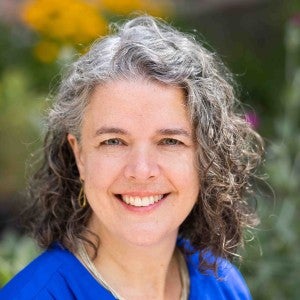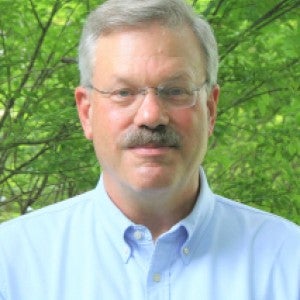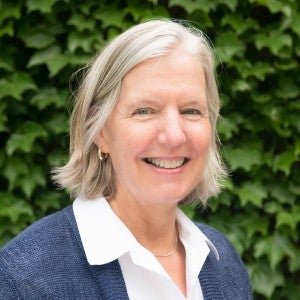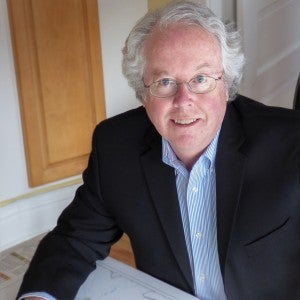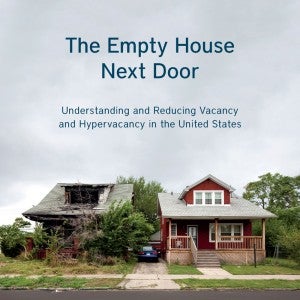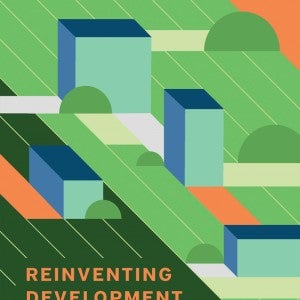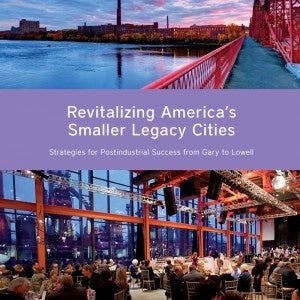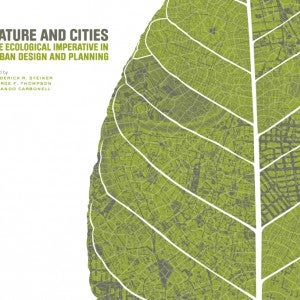In the face of global challenges such as urbanization, poverty, and climate change, cities need land policies and tools that can be implemented across boundaries, over long time frames, and under conditions of increasing uncertainty. The Department of Planning and Urban Form addresses major global challenges with its work in the following three programmatic areas:
Urban Development Programs
The Lincoln Institute works to understand the dynamics of urban areas – whether large metro areas or small towns – in order to foster places that are more sustainable and equitable. The Institute promotes more data- and community-driven decisions, helps cities grapple with climate change and poverty, advances scenario-planning tools and techniques, convenes policy makers and planners for the exchange of ideas, advances climate-change adaptation planning in coastal areas, helps communities understand decline and regeneration in order to foster revitalization without displacement, and explores innovative ways to analyze why people choose to walk, bike, drive, or ride in transit station areas.
Land Conservation Programs
The Lincoln Institute’s leadership in the land conservation community began in 1981, when it convened a group of conservation leaders including Kingsbury Browne, who identified the need for a network of land trusts – an idea that led to the formation of the Land Trust Exchange, now known as the Land Trust Alliance. The Alliance has become a driving force in the private land conservation community in the United States; connections to the Lincoln Institute persist through programs such as the Kingsbury Browne Fellowship. The Institute cemented its commitment to land conservation when it:
- convened the 2014 National Workshop on Large Landscape Conservation,
- began restoration work along the Colorado River in the United States and Mexico,
- formed the International Land Conservation Network,
- and mobilized academic institutions in the formation of Academics for Land Protection in New England (ALPINE).
Intermountain West Programs
The Lincoln Institute works to promote smart growth and land conservation in the Intermountain West – a U.S. region characterized by the collision of rapid growth and the increasing effects of climate change: drought, flooding, and wildfire. Through partnerships with organizations such as the Center for Natural Resources and Environmental Policy (CNREP) at the University of Montana, the Institute fosters cross boundary, multi-stakeholder, and multi-issue approaches to land policy and land conservation, such as the Crown of the Continent Roundtable. This work also focuses on capacity-building for practitioners, with such projects as the Practitioners Network for Large Landscape Conservation.
If you are associated with an organization that engages in the conservation or stewardship of private land, then please take a few minutes to complete this brief survey, so that we can build a baseline understanding of the global private land conservation community.
- The Independent
- YES! Media
- Next City
- Metropolis
- Foreground
- CityLab
